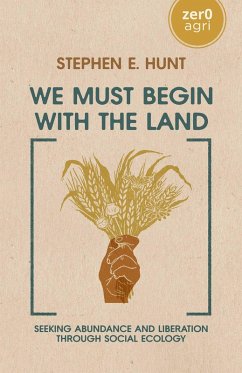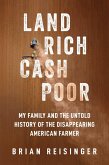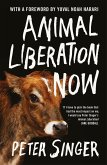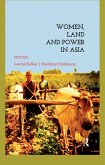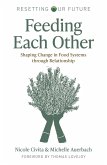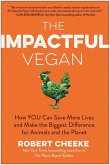We live at a time of intractable armed conflicts starved of resolution. We inhabit a planet where damaged ecosystems are hungry for restoration. We endure chronic inequalities of wealth and power which crave redistribution. During the past decade, such intertwined factors have precipitated a food crisis, in which increasingly millions experience malnutrition. As elsewhere, the UK is constrained by legacies of structural injustice and failing neoliberal policies. Yet We Must Begin with the Land is not another account of global doom. It explores an abundance of innovative and traditional alternatives for producing food, renewable energies, and organic materials through agroecology. Using the anti-colonial lens of social ecology, Stephen E. Hunt considers mini real-world case studies for diversifying and democratising how we might grow, share, and eat. Gleaning such examples takes us from La Via Campesina, the world's largest food-sovereignty network, to efforts to preserve Indigenous knowledges; from radical material sciences using hemp, seaweed, and fungi to the defiant trees and fruits of revolutionary Rojava; from proliferating Kleingärten to micro-projects at home, such as an inner-city growing community where refugees sprout hope and Japanese Shumei cultivation unexpectedly thriving in a Wiltshire hamlet. Social ecology is a powerful set of conceptual principles for transforming our relationship to food. It offers a critique of existing supply chains that all-too-often shackle producers and consumers alike in dependency and poverty. But it also sparks different conversations about how we might delink from and reconnect into food chains that are more intricate and, ultimately, more resilient. It signals priorities not just to meet social needs and for ecological survival but also for human liberation and pleasure and flourishing sustainability.
Dieser Download kann aus rechtlichen Gründen nur mit Rechnungsadresse in A, B, BG, CY, CZ, D, DK, EW, E, FIN, F, GR, HR, H, I, LT, L, LR, M, NL, PL, P, R, S, SLO, SK ausgeliefert werden.

